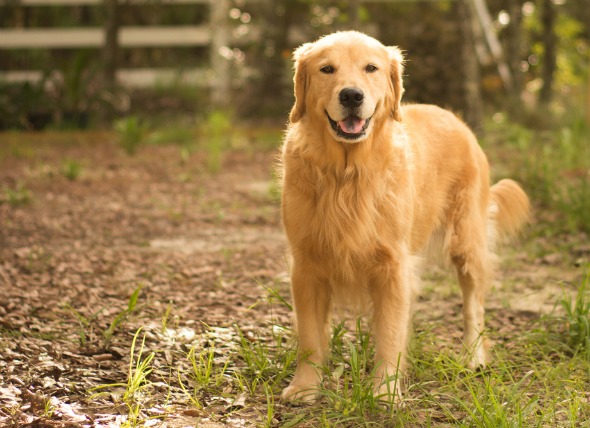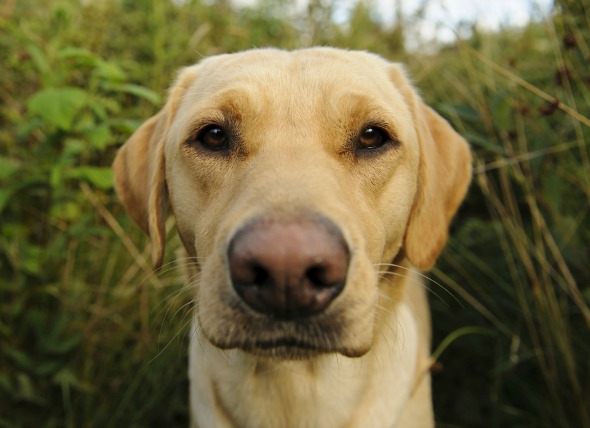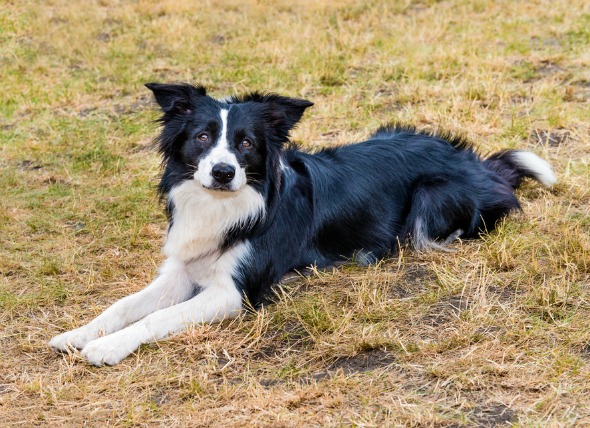

Chronic diarrhea is a change in the frequency, consistency and volume of the dog's feces for more than three weeks. Starting in the small or large intestine, diarrhea can either be secretory (where it is very watery) or osmotic (not watery), and is due to various reasons, including diet, disease, or infection.
Chronic diarrhea can affect both dogs and cats. If you would like to learn more about how this condition affects cats, please visit this page in the PetMD health library.
Symptoms found when it originates in the small intestine may include:
Symptoms found when it originates in the large intestine may include:
Small intestinal abnormalities which can cause diarrhea include:
Large intestinal abnormalities which can cause diarrhea include:
Your veterinarian will try to identify the origin of the diarrhea -- the small or large intestine -- by taking a complete history of your dog's health and onset of symptoms. Your doctor will then perform a thorough physical exam on the dog, or the doctor can perform an endoscopy and take biopsies from the intestines. Fecal samples, blood chemical profiles, urinalysis and electrolyte panels can help in the diagnosis, as well.
Depending on the underlying cause of the diarrhea, there are many other tests which can be performed. For example, if your veterinarian suspects pancreatic disease they will test for pancreatic function, while abdominal X-rays and ultrasounds can be used to find a foreign object in the intestines. Other exams can test for intestinal malabsorption, adrenal function, or for serum bile acids; these acids can be identified by taking blood samples.
Treatment will depend on the underlying cause. Your veterinarian will probably de-worm your dog just in case parasites are responsible for the disease. If your dog’s illness is due to dietary intolerance or allergies, your veterinarian will prescribe a low-fat, high digestible diet for three to four weeks and follow-up to see if its diarrhea has cleared up. If your dog is dehydrated, your veterinarian will give it fluid therapy. Surgery might be necessary if your dog has an intestinal tumor or blockage.
If your dog does not respond to the treatment bring it back to the vet to be re-evaluated. Many of the parasitic and bacterial infections that cause diarrhea in dogs can also affect humans, so be very careful when handling a dog suffering from diarrhea.
 Fatty Tissue Inflammation in Dogs
Steatitis in Dogs
Steatitis is characterized by i
Fatty Tissue Inflammation in Dogs
Steatitis in Dogs
Steatitis is characterized by i
 Kneecap Dislocation in Dogs
Patellar Luxation in Dogs
Patellar luxation occur
Kneecap Dislocation in Dogs
Patellar Luxation in Dogs
Patellar luxation occur
 Ringworm in Dogs
Dermatophytosis is the medical term for a
Ringworm in Dogs
Dermatophytosis is the medical term for a
 Congenital Heart Defect (Pulmonic Stenosis) in Dogs
Pulmonic Stenosis in Dogs
Pulmonic stenosis is a
Congenital Heart Defect (Pulmonic Stenosis) in Dogs
Pulmonic Stenosis in Dogs
Pulmonic stenosis is a
 Skin Blisters and Pustules in Dogs
Bullous Pemphigoid in Dogs
Bullous pemphigoid is
Skin Blisters and Pustules in Dogs
Bullous Pemphigoid in Dogs
Bullous pemphigoid is
Copyright © 2005-2016 Pet Information All Rights Reserved
Contact us: www162date@outlook.com